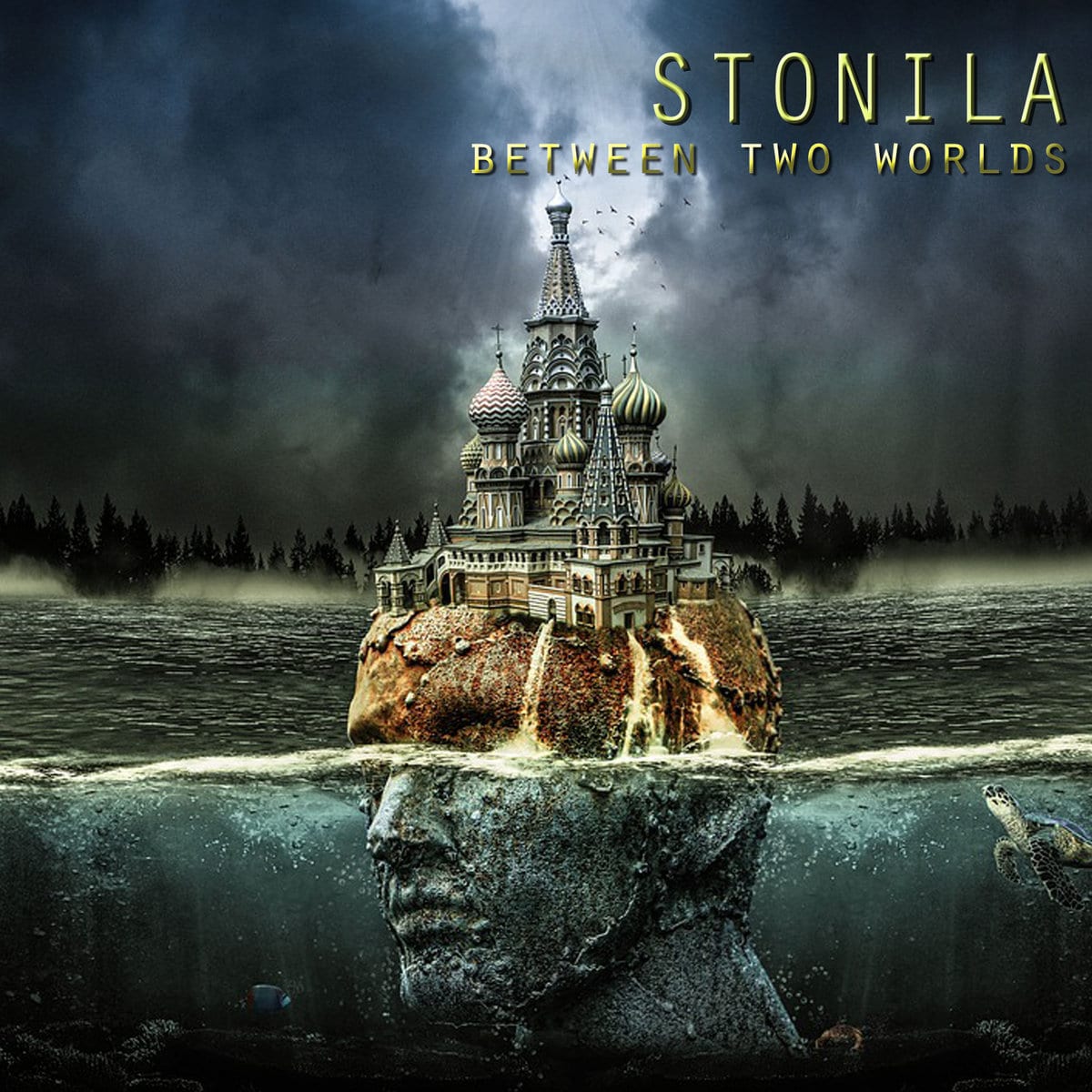BETWEEN TWO WORLDS
Author ELIZABETH MARQUADT
Publisher CROWN PUBLISHERS
ISBN 0-307-23710-9
A book partly utilising data from studies made nationally in the USA in the early 21st century, the sub-title is “The Inner Lives of Children of Divorce.” The author herself has been the child of parents who divorced and there is a good deal of her own experience employed in some of what she says, but that is tempered and, in fact, her findings are confirmed by much of the data analysed from research with many others of a similar background. Remember, this is a book about the children of divorced parents, not about the parents themselves. It is in not an exercise in counselling the married, but, if they were to read it they might get some serious pause for the headlong pursuit of selfishness that is so often at the root of divorce. The children are set at the centre of the family in this book. The book would not hit the high spots as regards those who opt for the politically correct stuff a number of psychologists would present nowadays. We do not live in days where transparent honesty is to be found in these realms but this author endeavours to present things as both she and many she spoke to have found them. The image of a ball being tossed to and fro sums up well, the difficulties that children of divorced parents face. The ball does not land safe and sound and rest anywhere. This breeds an over-paced growing up into choices and an adulthood that children and even younger teenagers should not have to face. A tendency to secretiveness and suspicion and spending time with one parent meaning departure from the other and then back again. The book is honest, perhaps this is its greatest asset, it does not fudge issues with language and political correctness. But neither does it eulogise stable marriage. Some will say that new data is emerging, but in the long term it will not outdate what is contained here. Indeed, the picture in North American society worsens as the ‘nuclear’ family is replaced by misguided efforts to legitimise and alternative. In a nuclear family the children are usually regarded as the nucleus and the parents provide that in which they can thrive. Divorce, nine times out of ten, sets the ‘freedom’ of each of the parents as the nucleus. They must be free to pursue that life that is good for them, or so the mantra’s of self interest have it today. It might be good for those intending to marry to read a book like this. It will bring home something of the ramifications of marriage. Children are profoundly shaped by divorce, the securities that should be in place and preserved are broken down and the result is frequently that the young become ‘young old souls’. Another fact that comes through loud and clear is that in fact there are no real differences between those whose parents endeavoured to have a ‘good divorce’ from those whose divorce was acrimonious.





